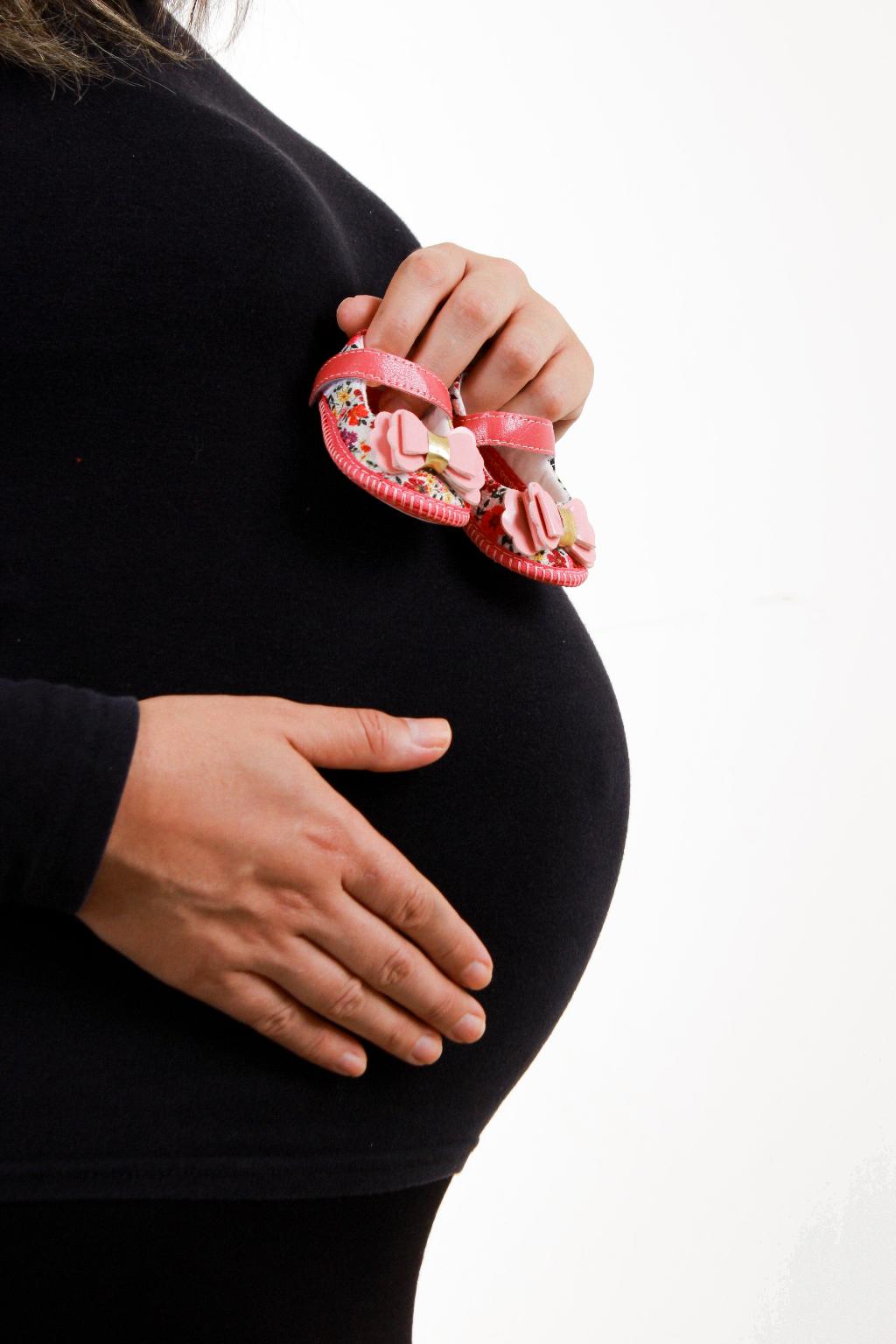When it comes to store bought blue cheese dressing, a common concern among consumers is whether the cheese used in the dressing is pasteurized. This is a valid concern, especially for pregnant women, young children, the elderly, and individuals with compromised immune systems who are at a higher risk of foodborne illnesses. Understanding the process of pasteurization and how it applies to blue cheese dressing can help alleviate any worries.
Pasteurization is a process that involves heating a liquid, such as milk or cheese, to a specific temperature for a set period of time to kill harmful bacteria and pathogens. By pasteurizing the cheese used in blue cheese dressing, manufacturers can ensure that any potentially harmful microorganisms are eliminated, making the product safer for consumption.
Fortunately, the majority of commercially produced blue cheese dressings are made with pasteurized cheese. When you pick up a bottle of blue cheese dressing at your local grocery store, you can rest assured that the cheese used in the dressing has undergone the pasteurization process. This information is usually clearly stated on the product label or in the ingredients list.
For those who enjoy dining out and ordering blue cheese dressing at restaurants, it is advisable to inquire about the type of cheese used in the dressing. Restaurants may use artisanal or non-pasteurized cheese in their dressings for a distinct flavor profile. In such cases, it is important to verify with the server or chef whether the blue cheese dressing contains pasteurized cheese.
Restaurants and food establishments are required to adhere to food safety regulations, including proper handling and preparation of food items. While most restaurants prioritize food safety and use pasteurized ingredients in their dressings, it is always best to confirm the details, especially if you have specific dietary requirements or health concerns.
When making homemade blue cheese dressing, individuals have the freedom to choose the type of cheese they prefer. If you decide to use non-pasteurized cheese in your dressing, it is essential to be aware of the potential risks associated with consuming unpasteurized dairy products. Pregnant women and individuals with weakened immune systems should exercise caution.
Store bought blue cheese dressing offers convenience and versatility for consumers looking to add a delicious flavor to their salads, wings, or sandwiches. With the abundance of options available in supermarkets and grocery stores, finding a pasteurized blue cheese dressing that meets your preferences and dietary needs should not be a daunting task.
To ensure the safety and quality of the blue cheese dressing you purchase, always check the product label for information on pasteurization. By being informed about the ingredients used in store bought dressings, you can make confident choices when selecting products that align with your health and wellness goals.
In conclusion, store bought blue cheese dressing is typically made with pasteurized cheese, providing consumers with a safe and flavorful option for enhancing their favorite dishes. Whether you are enjoying a meal at home or dining out, understanding the importance of pasteurization in food preparation can help you make informed decisions about the products you consume.

